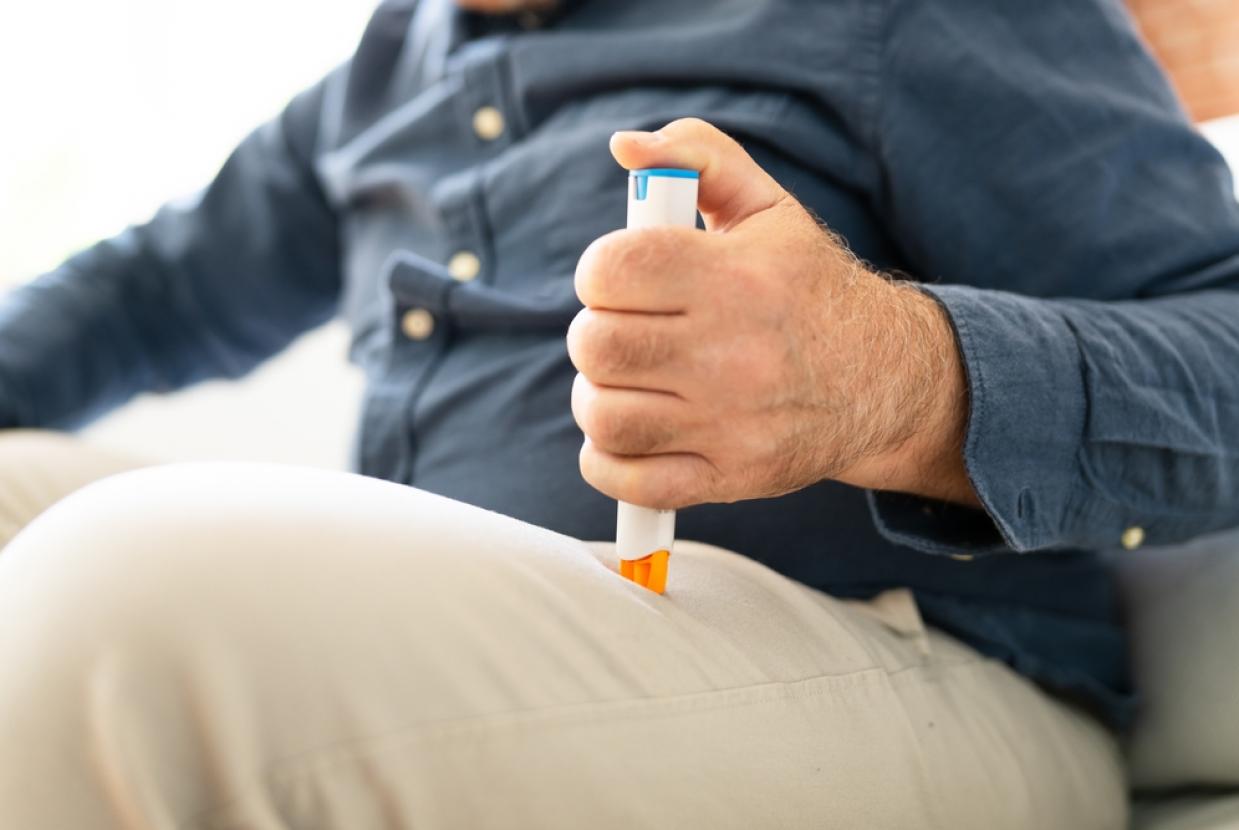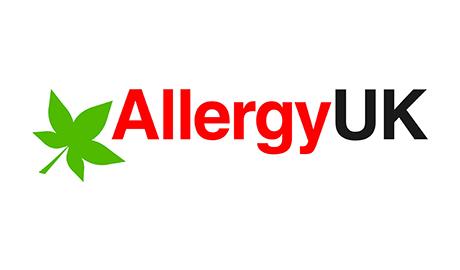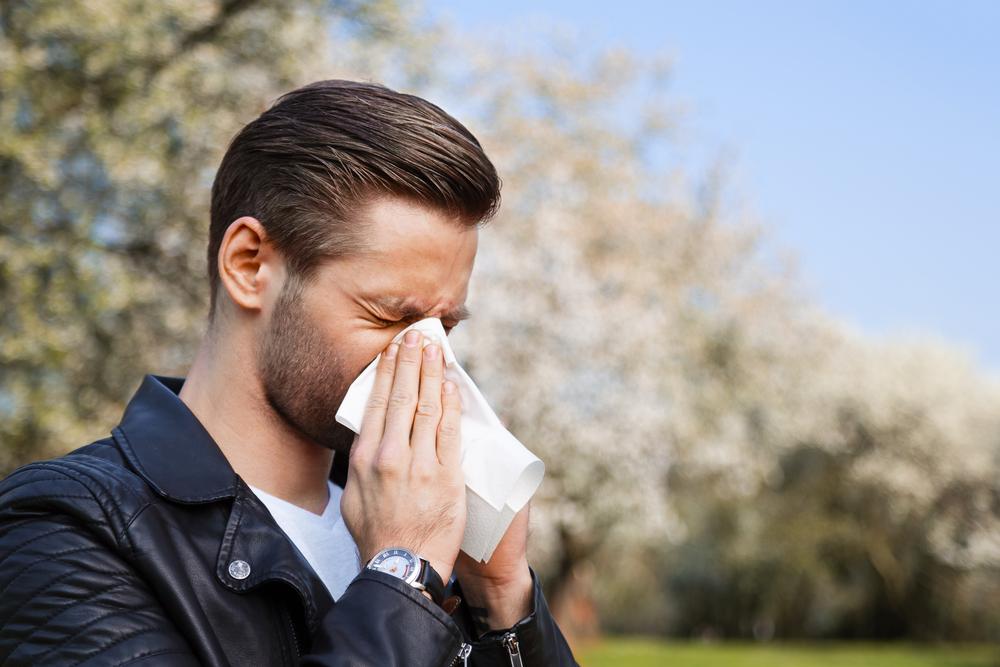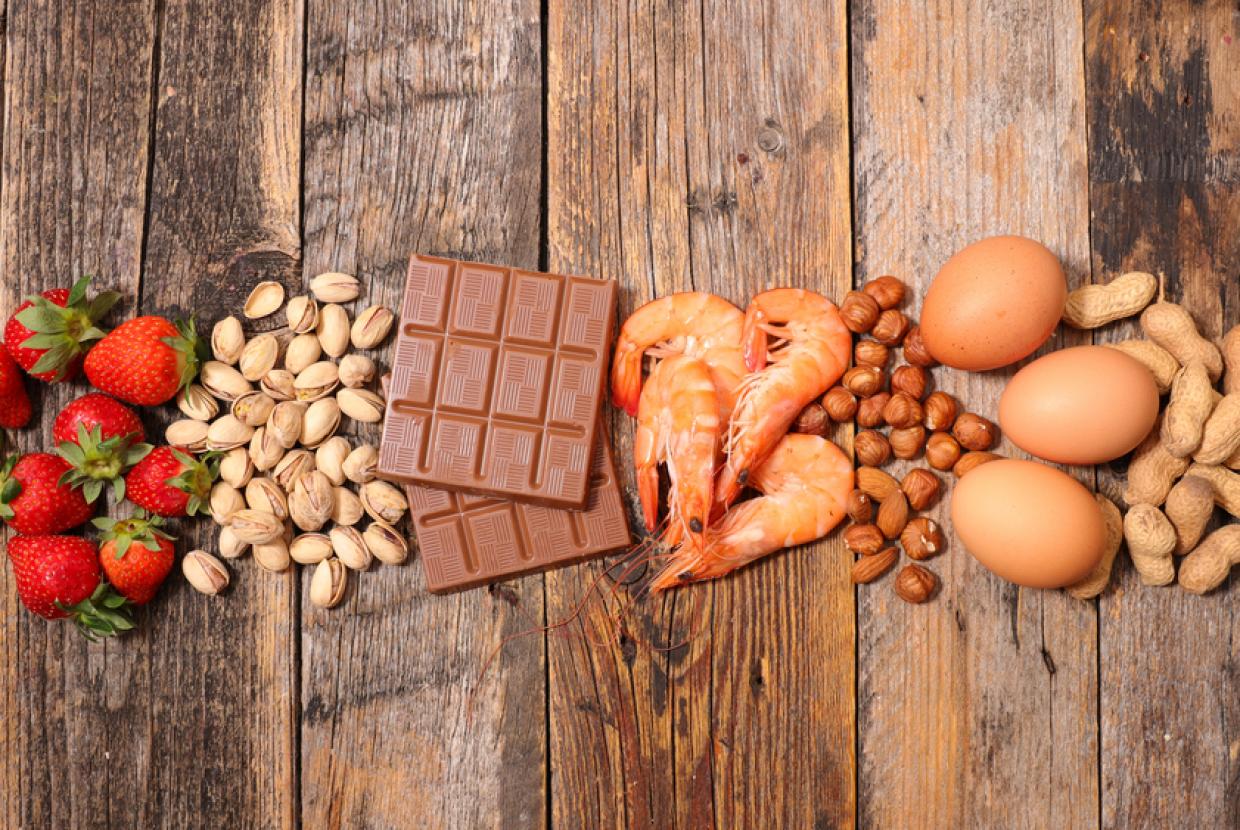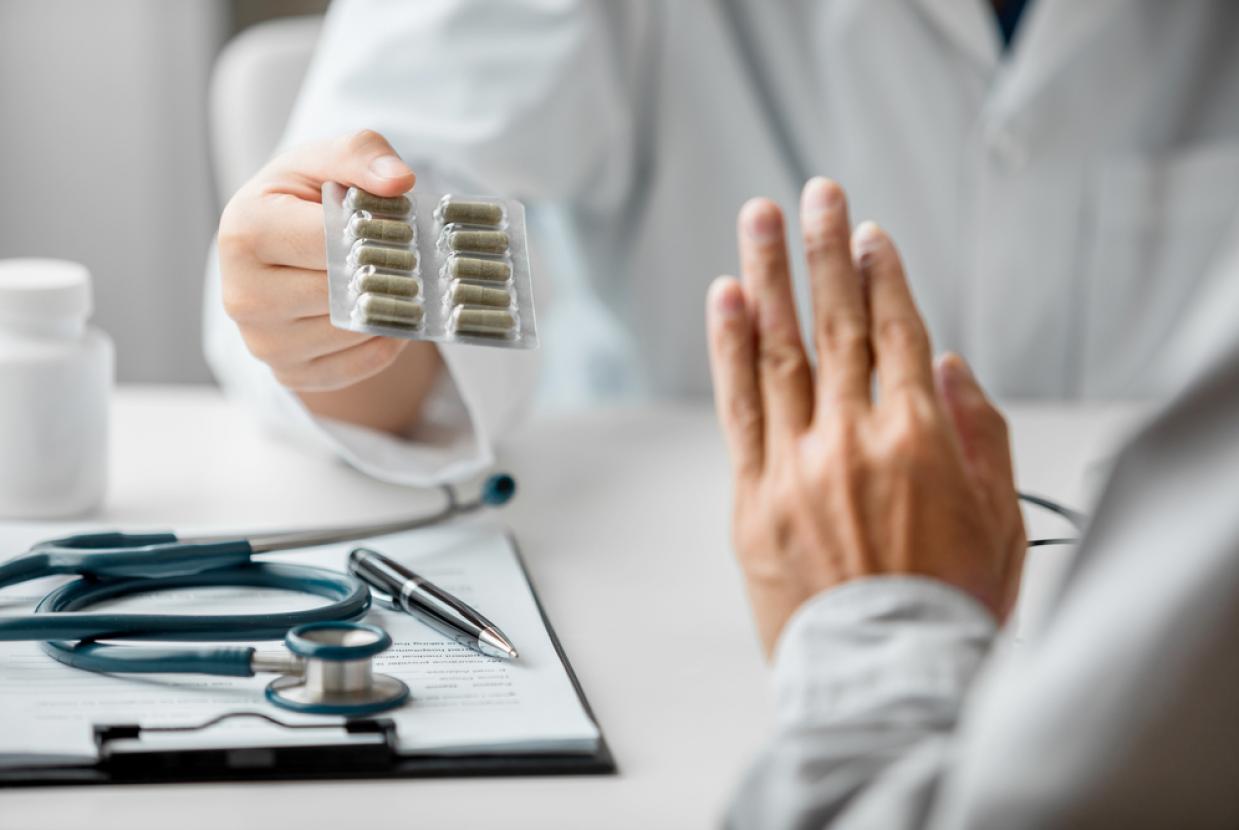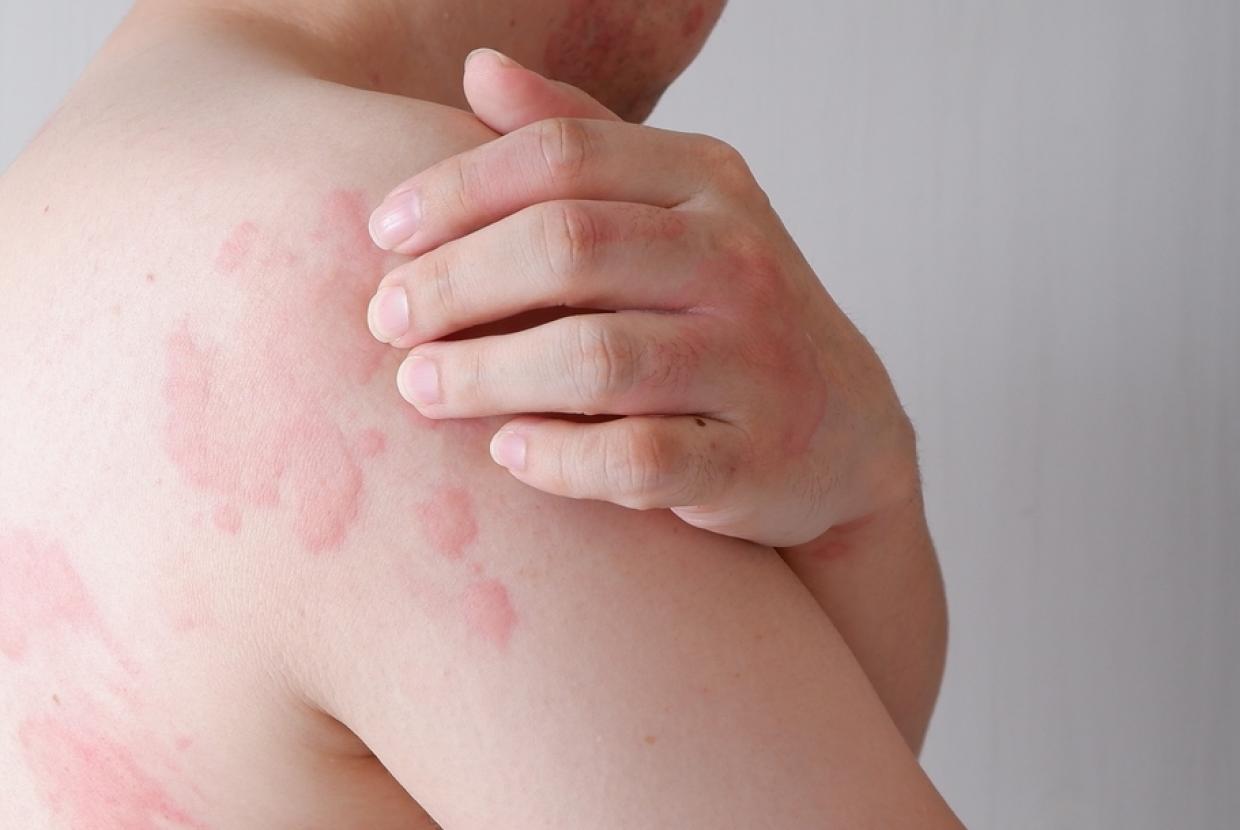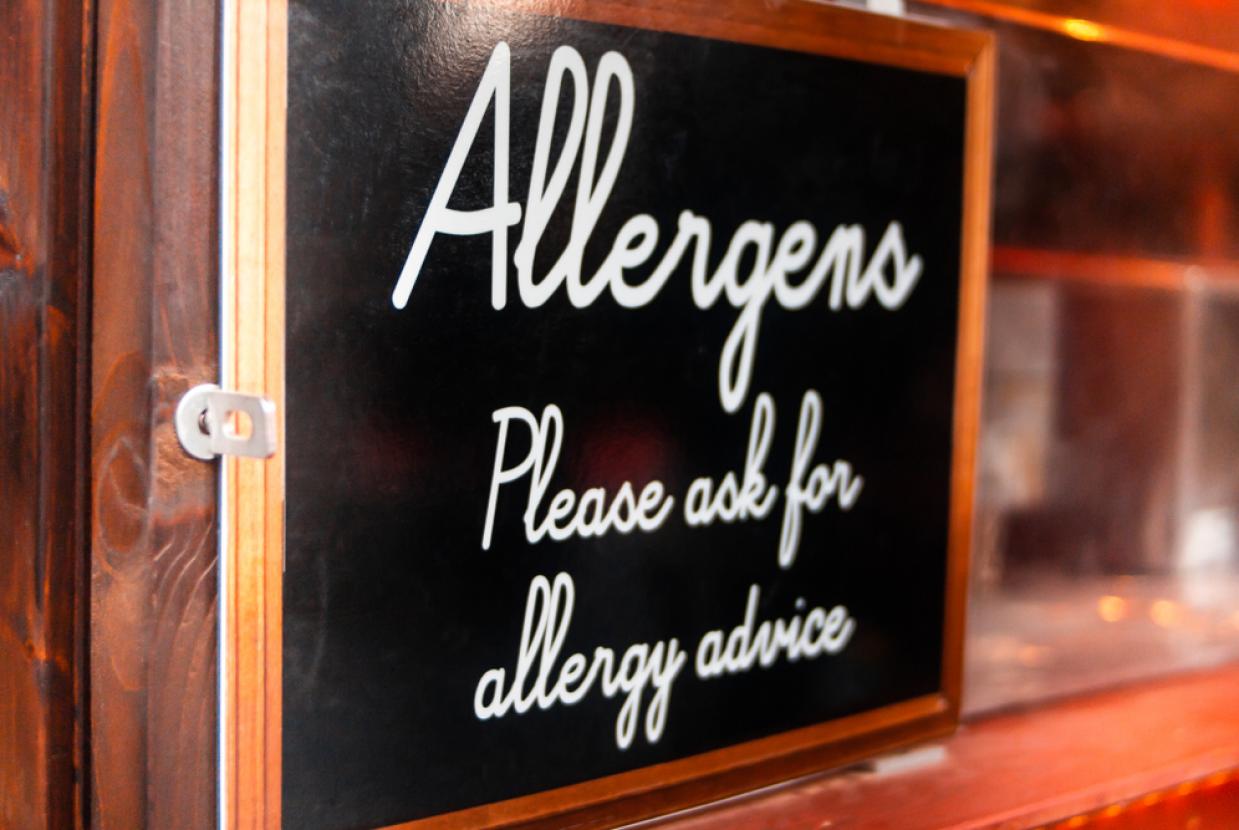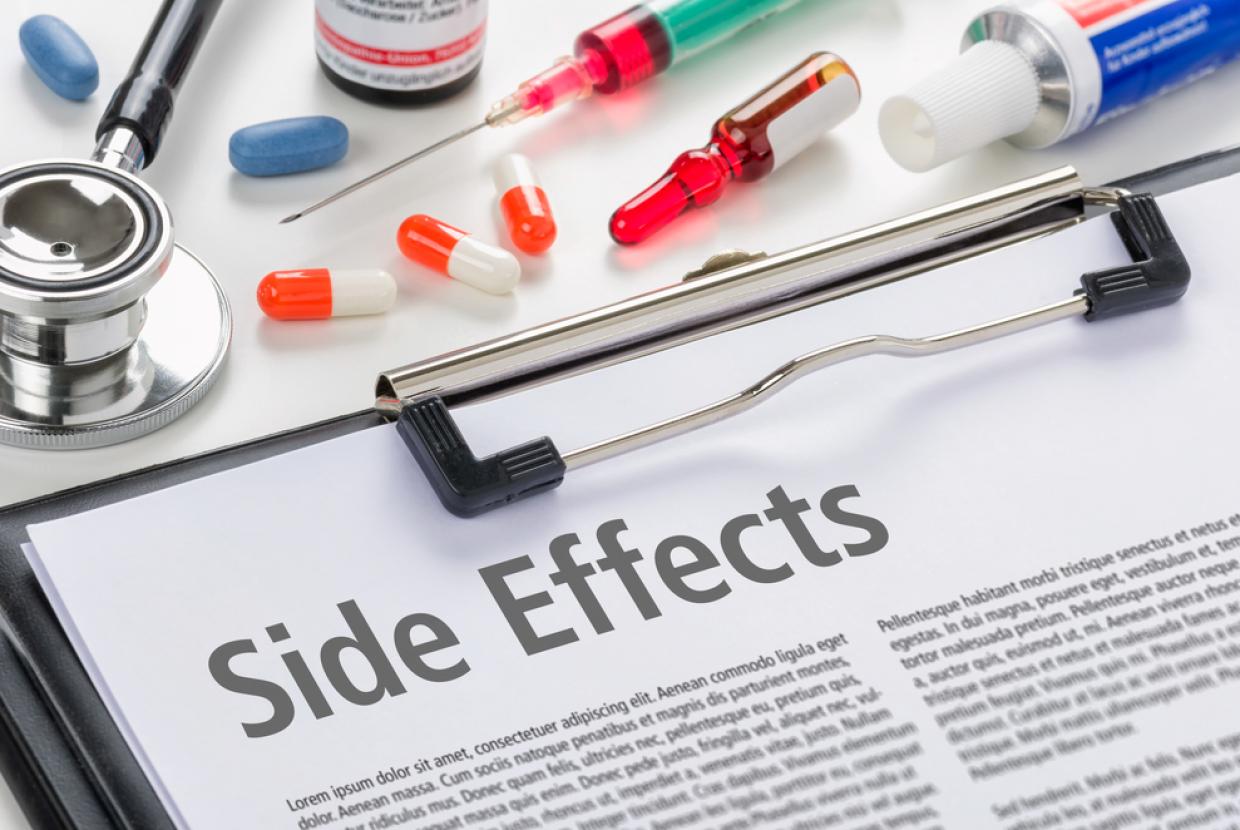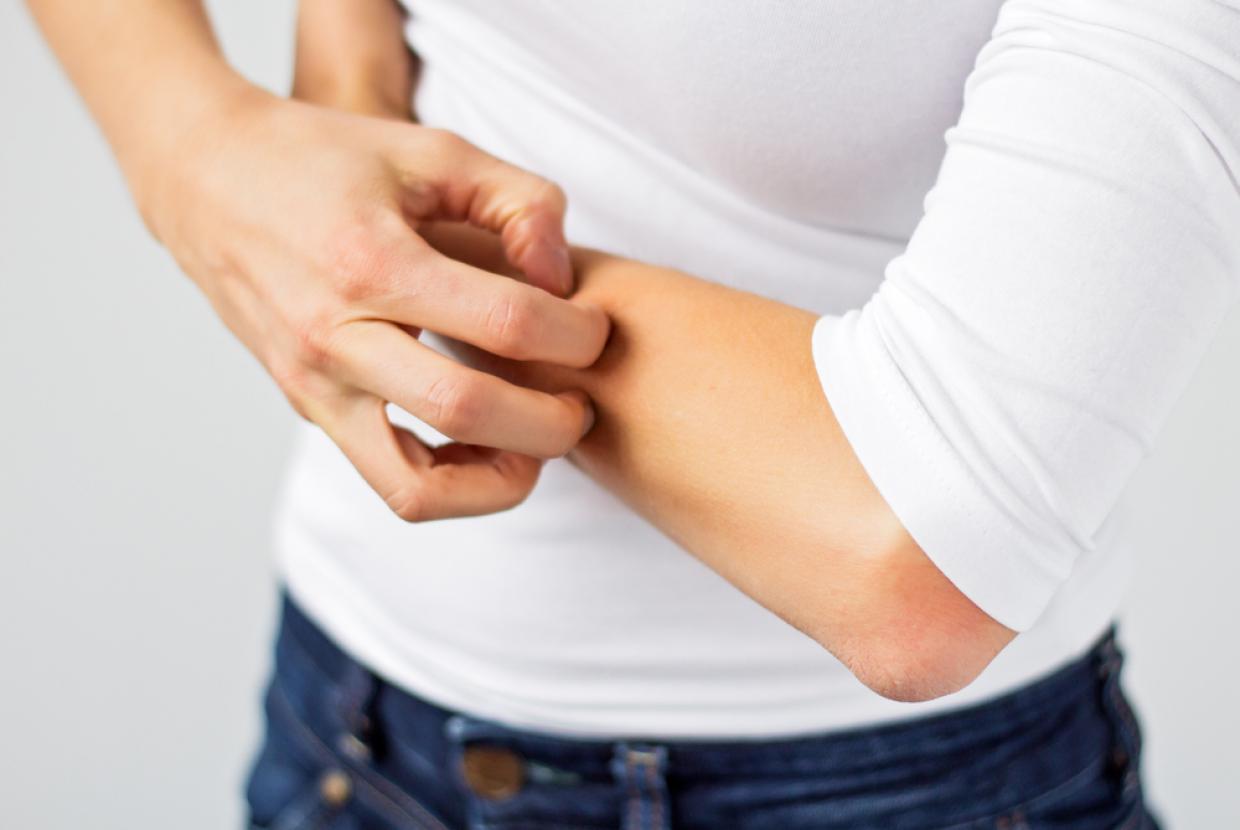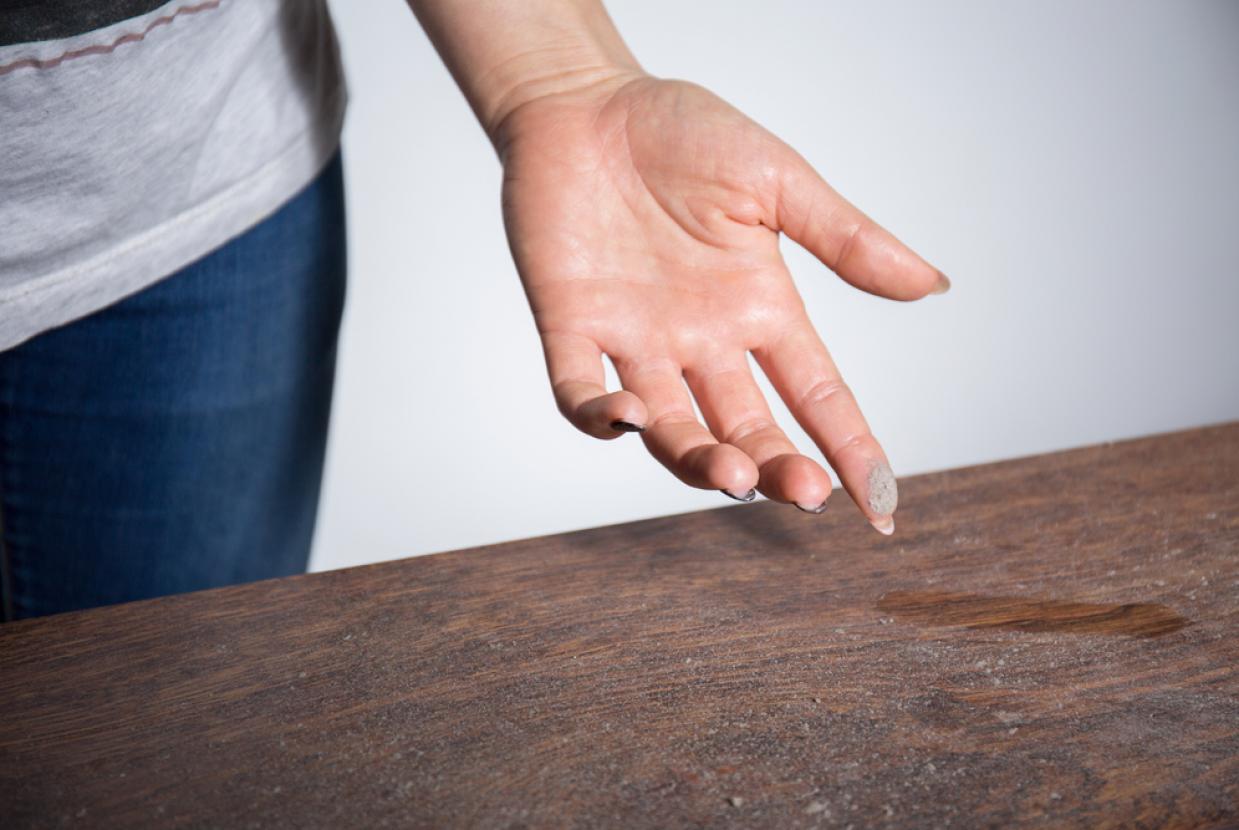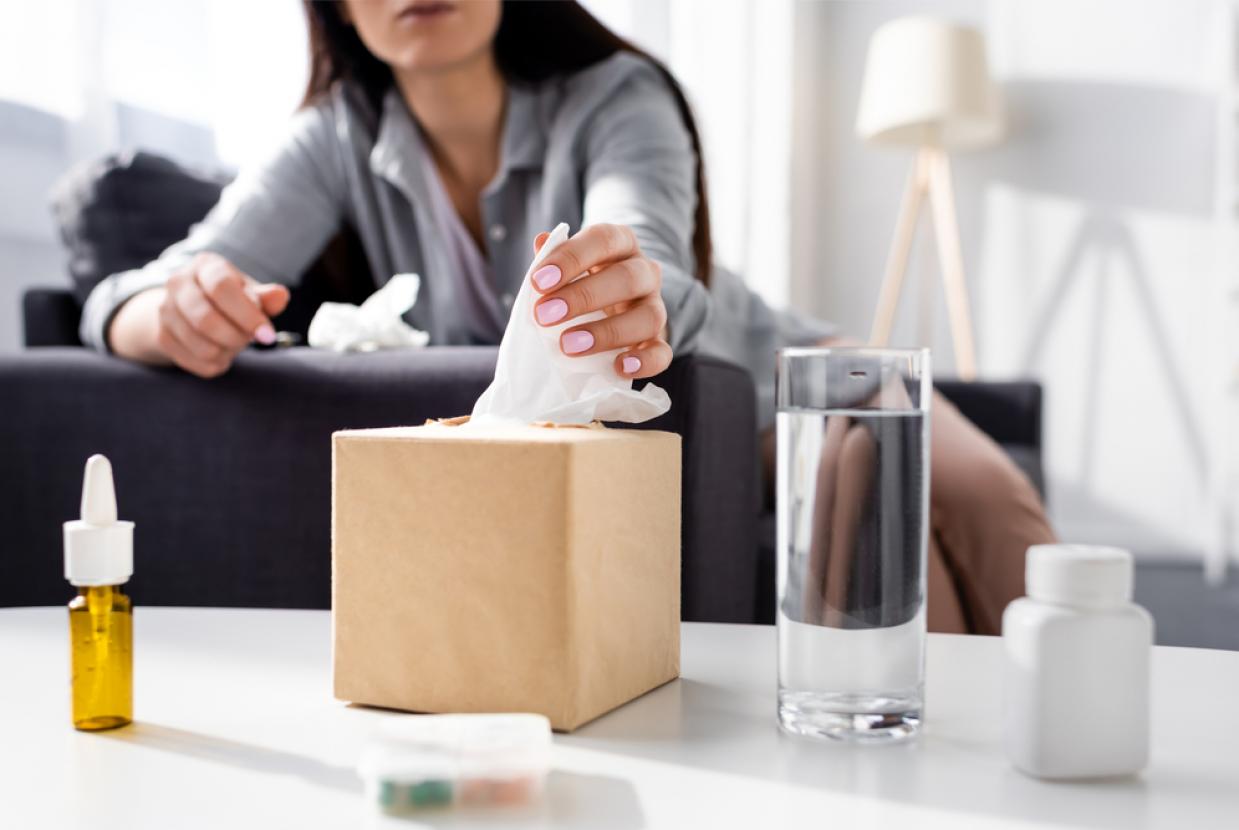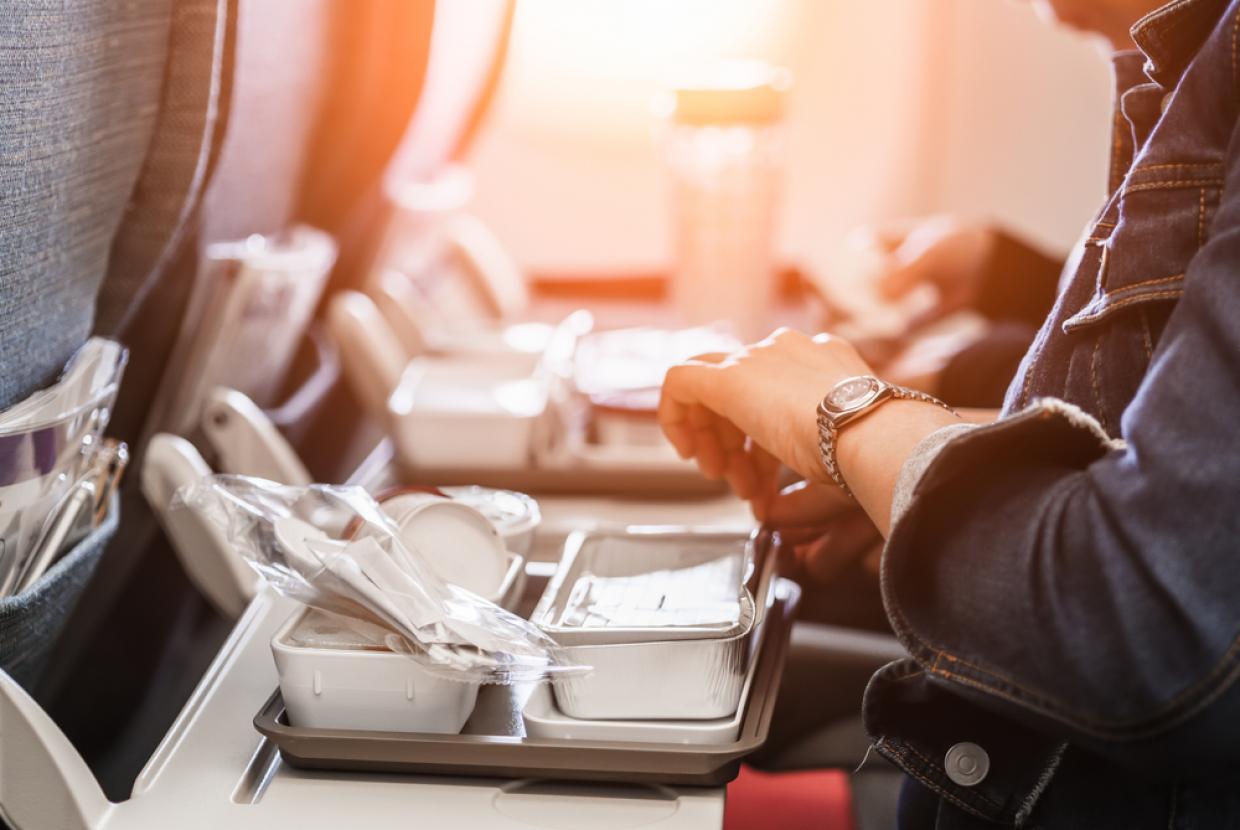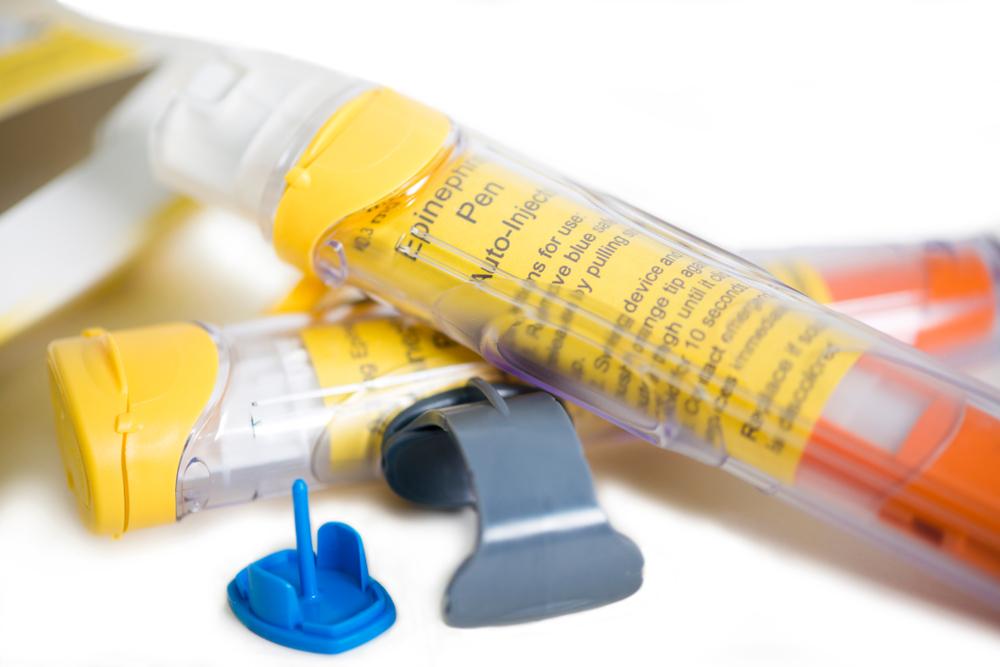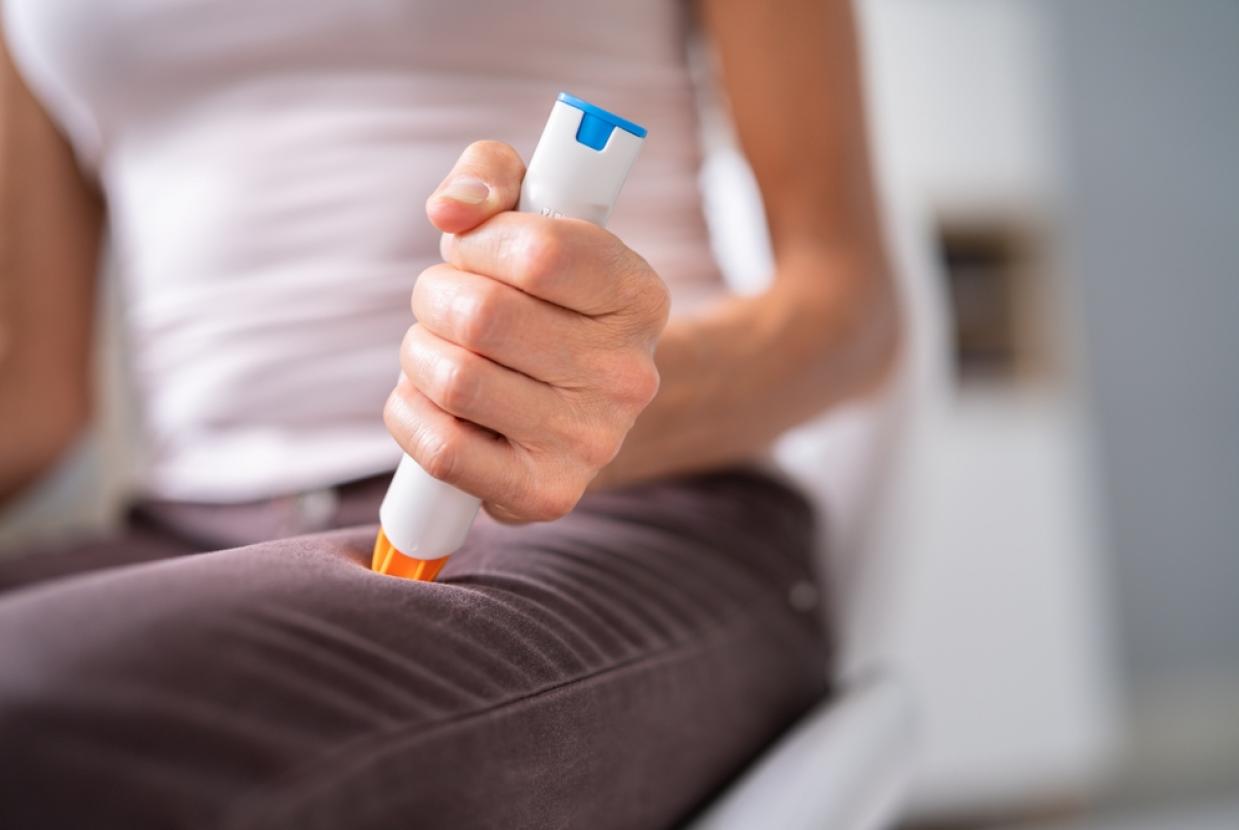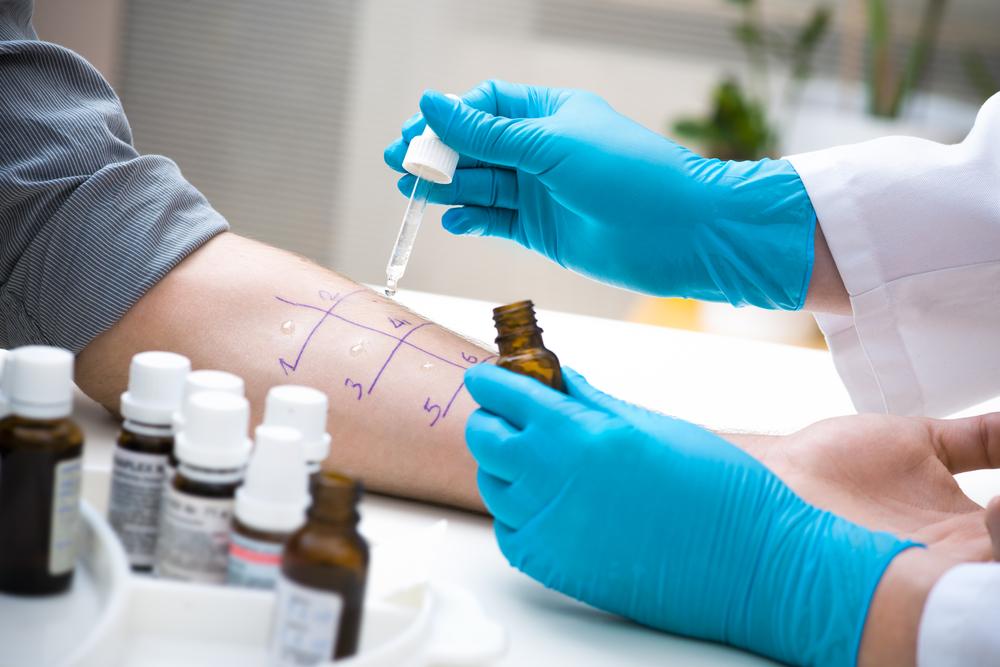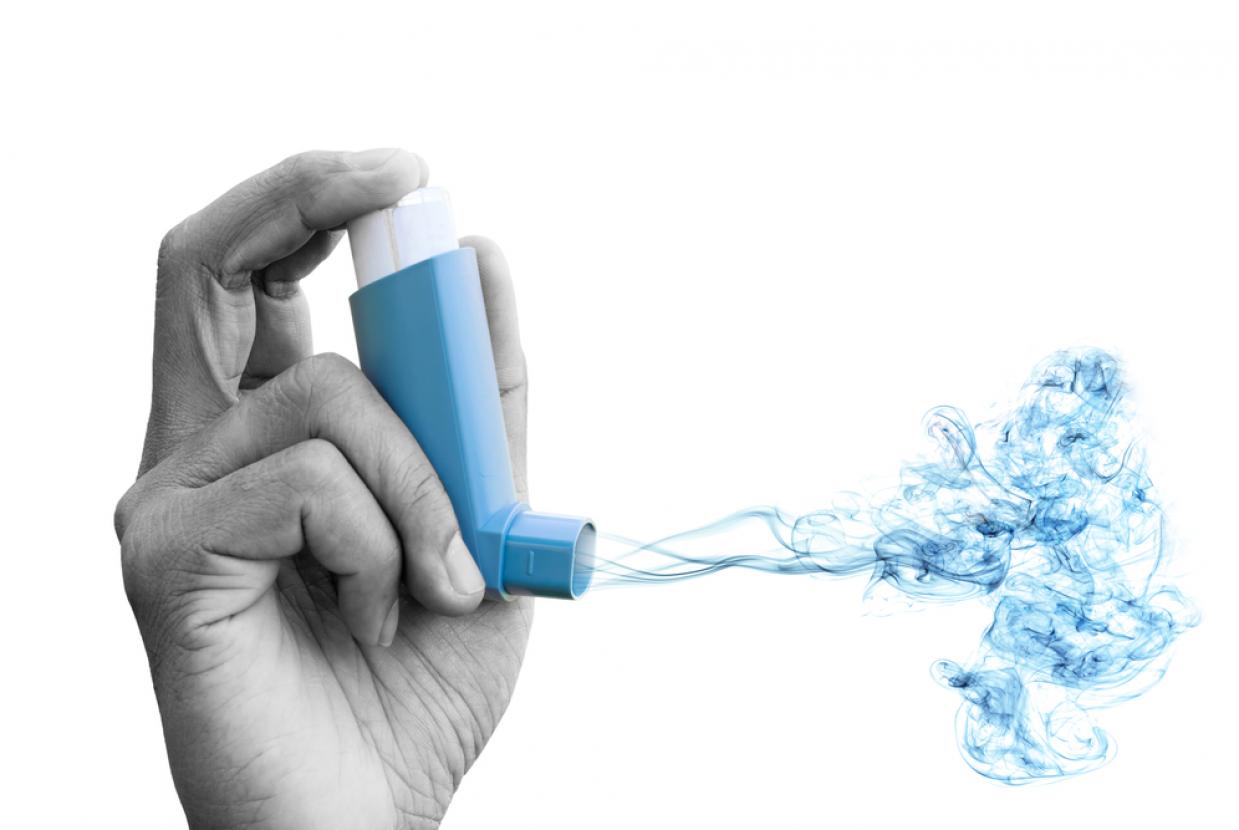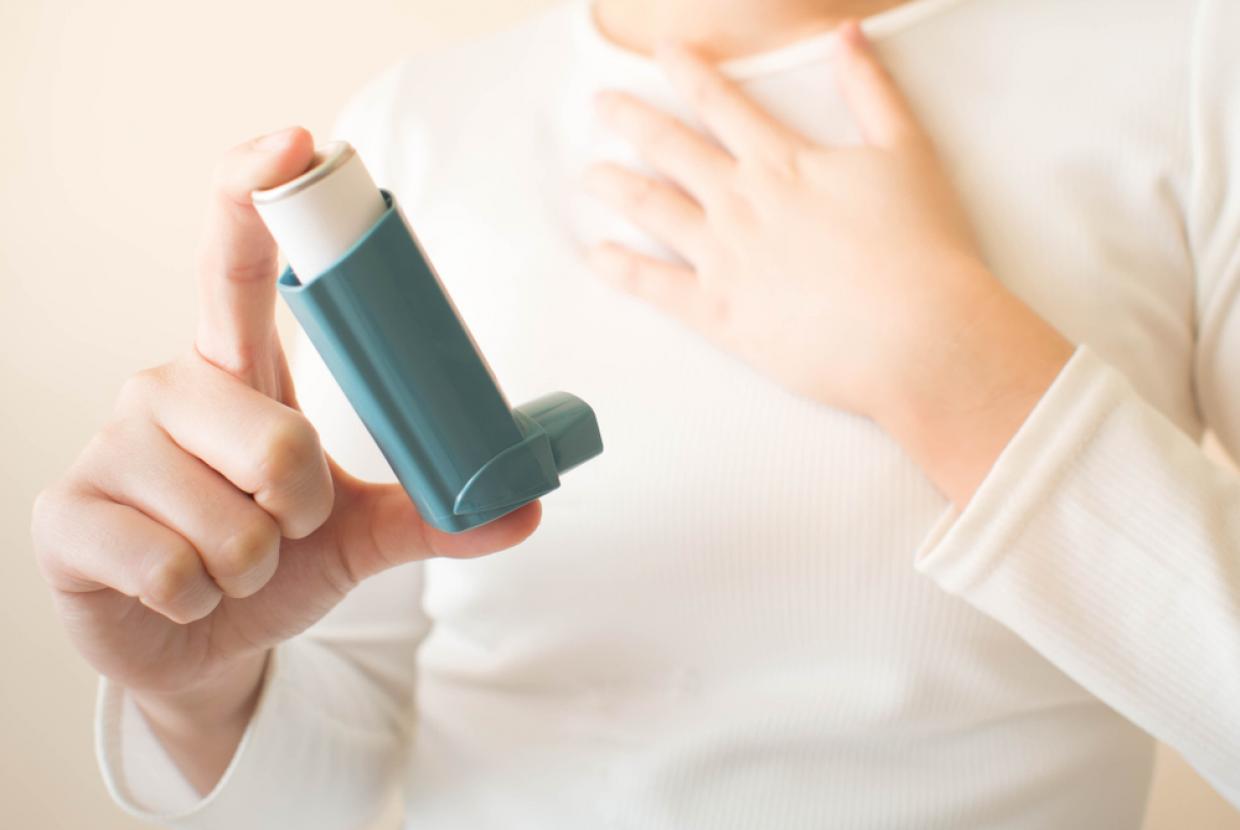Managing A Food Allergy
AllergyUK
There are 3 key things to be on top of when it comes to managing a food allergy:
- Identify and avoid the cause (if possible)
- Recognise the symptoms of an allergic reaction by keeping a food diary
- Know what to do if it happens again
Treatment for a food allergy
The best way to prevent an allergic reaction is to identify the food that causes the allergy and avoid it. Research is currently looking at ways to desensitise some food allergens, such as peanuts and milk, but this is not an established treatment in the NHS.
- Avoid making any radical changes, such as cutting out dairy products, to your or your child’s diet without first talking to your GP. For some foods, such as milk, you may need to speak to a dietitian before making any changes.
- Antihistamines can help relieve the symptoms of a mild or moderate allergic reaction. A higher dose of antihistamine is often needed to control acute allergic symptoms.
- Adrenaline is an effective treatment for more severe allergic symptoms, such as anaphylaxis.
People with a food allergy are often given a device known as an auto-injector pen, which contains doses of adrenaline that can be used in emergencies.


